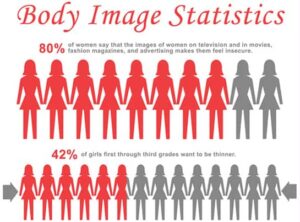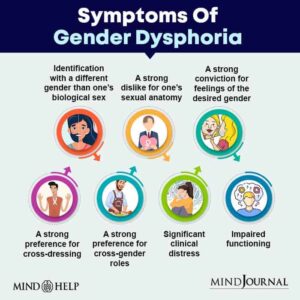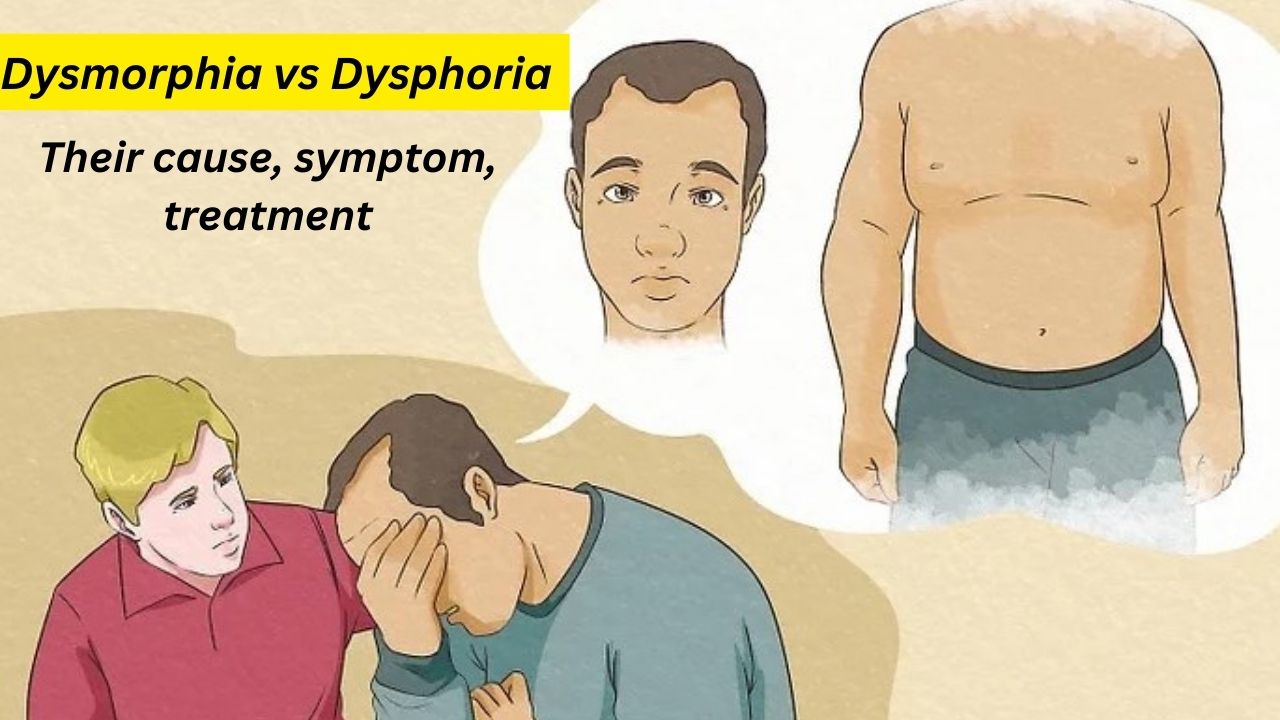Dysmorphia vs Dysphoria:
These can result in despair, stress, and sometimes even suicide. Individuals in both scenarios endure anguish and challenges affecting their regular activities. Dysmorphia and dysphoria are not the same things.
Having a more profound knowledge of the distinctions can assist people in getting assistance and learning to manage the consequences.
What is Dysmorphia?
Dysmorphia is a psychological illness. Dysmorphia disorder is clinical depression. If somebody suffers from Clinical depression, they are preoccupied with the imagined flaws of their appearance.
They might sit for hours, having persistent and compulsive emotions concerning their bodies, indulging in obsessive actions in response to those ideas.
These fixations or habits bring them discomfort and conflict with their routine. Negative emotions might arise if the suffering gets too intense.
Symptoms of dysmorphia:
- Being concerned that someone has at least one imagined physical flaw that people don’t even notice.
- Indulge in continuous behaviors such as judging oneself with others, checking their mobile constantly, etc.
- Due to this, one may be disturbed or have reduced active energy.
- Signs of an unhealthy lifestyle, like concern over excess weight gain, do not explain the obsession.
- Often looking for validation from people regarding one’s physical look
- Possessing perfectionistic inclinations
- Looking for dermal fillers having minimal results
- Staying away from communal gatherings
Individuals experiencing this disorder might have body-related issues and fear that they are too tiny or their body is not toned sufficiently. They might be concerned about their physical components.
It consists of the following insight-related attribute:
- The insight is either decent or poor.
- Vision becomes weak.
- Lacking understanding or illusional assumptions.
Cause of dysmorphia:
The reason is uncertain what triggers this disorder. Body disorders and other psychosocial problems get triggered by several factors, including a genetic diagnosis, unfavorable judgments or emotions concerning their appearance or identity, including the aberrant cognitive ability.

Treatment of dysmorphia:
There isn’t a proven means of avoiding this type of disorder. Since body image condition frequently begins in adolescence, detecting this disease and initiating therapy soon might be beneficial.
Extended care could even avoid the possibility of this disorder.
Also Read: Top 10 Pharma Companies in Hyderabad
What is Dysphoria?
Dysphoria is uneasiness, sadness, or suffering caused by the two sexual traits of somebody’s given gender when they are born.
The phrase dysphoria or gender dysphoria is used instead of gender identity disorder as a sexual orientation to be maladjusted, instead referring to the psychological response of harm caused by sexuality.
The word transgender describes an individual whose physical body during birth doesn’t match their sexual orientation. Some individuals may experience dysphoria with anxiety caused by a mismatch between their sexuality at birth and their sexual identification.
Dysphoria is common throughout adolescence, but sometimes individuals are unaware of it till they reach adolescence or afterward.
Symptoms and causes of dysphoria:
- A significant discrepancy between one’s experienced gender and the main or other sex traits.
- An eagerness to escape oneself someone’s prominent or other sexual attributes due to a considerable discordance from somebody’s expressed sexuality.
- A deep urge to emulate another person’s additional sexual traits.
- A deep yearning for an identity of the opposite sex.
- A desperate to be given special treatment over one’s sexual identity.
- A firm belief that it bears the usual sentiments and responses of the opposite sex.

Treatment of dysphoria:
Assisting those suffering from gender identity disorder would include a clear assessment of individual sensations and interactions with the sense of sexuality without the practitioner expressing any pre-determined gender interpretation conclusion that is desirable to someone else.
These are a few options:
a. A psychotherapist
b. A childcare psychologist
c. Psychiatry for children and adolescents
d. Social works
